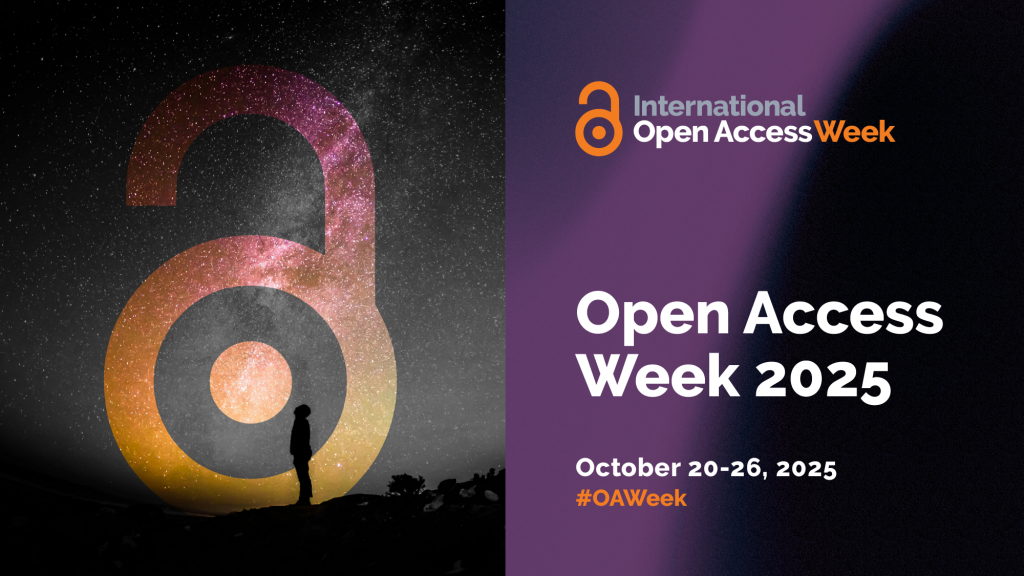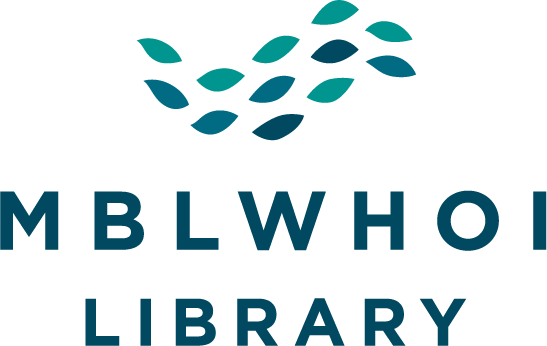Open Access Week 2025 – When AI Learns From Our Knowledge

Open Access has always been about removing barriers to make research, data, and ideas freely available for anyone to learn from. But as artificial intelligence systems start learning from that same openness, we’re faced with the question: Who owns our knowledge?
AI developers are increasingly training large language models on massive collections of online material, including everything from websites and journal articles to art and social media posts. This often includes open access content gathered by automated scraping tools, oftentimes without the authors even knowing, much less consenting.
Meanwhile, libraries and repositories are feeling the effects of these automated bots. The same openness that makes research reusable also makes it easy to collect and repurpose at scale. In a survey by the Confederation of Open Access Repositories (COAR), over 90% of repositories reported being hit by scraping bots, and roughly two-thirds of those surveyed experienced service slowdowns and even outages (Kwon, 2025).
The Organisation for Economic Co-operation and Development (OECD) has suggested a possible way forward: a “data-scraping code of conduct” containing transparent guidelines to encourage responsible AI innovation with clear attribution and respect for intellectual property (OECD, 2025). They believe this could help balance openness with fairness, making sure that authors have a voice in how their work is used.
This year’s Open Access Week theme asks, “Who Owns Our Knowledge?” and the answer might depend on how we handle this moment. Making research open is a priority – but it shouldn’t mean losing control, credit, or consent over the work we share.
References
Kwon, D. (2025). Web-scraping AI bots cause disruption for scientific databases and journals. Nature, 642, 281-282. https://doi.org/10.1038/d41586-025-01661-4
Organisation for Economic Co-operation and Development. (2025). Intellectual property issues in artificial intelligence trained on scraped data (OECD Artificial Intelligence Papers, No. 33). OECD Publishing. https://doi.org/10.1787/d5241a23-en
